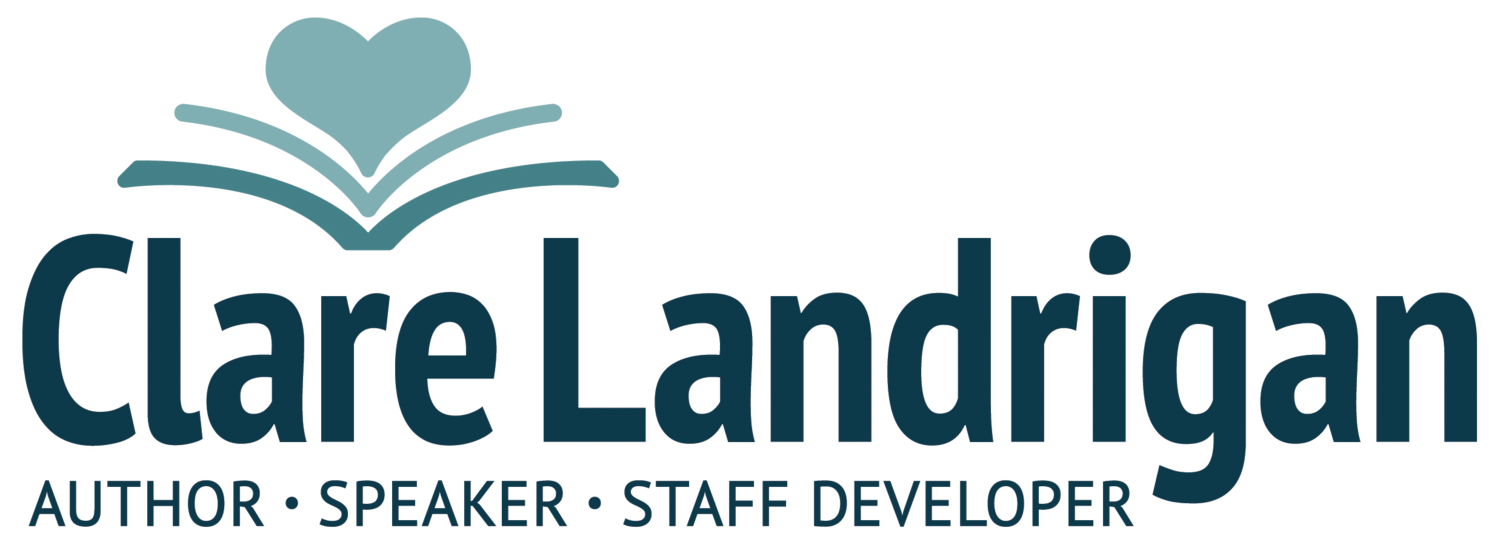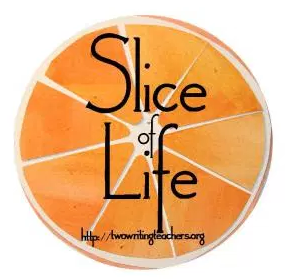Slice of Life: Day 4 - Student Writing Book Clubs for the Win! #SOL22 #TWTBlog
Audience and purpose are two things I think a great deal about when I am considering writing and reading response for our elementary learners. When students know why they are doing something and connect authentically with those reasons they are far more engaged and motivated. Now more than ever, I am trying to find simple ways to provide opportunities for readers to connect and respond to the texts they are reading and for writers to share and respond to each other’s writing. In the past two years, I have tried everything! One idea has really worked … book clubs with student writing.
Here’s how it goes:
Students choose a piece of writing they would like to share with a group of peers.
The writing is copied (or posted digitally) and given to each member of the group.
Students read the text during reading workshop.
Each group meets during book clubs to discuss the writing. The writer joins the book club as well.
Here’s what happened:
Students are now thinking of their peers as potential audiences when they are writing. They know that they will have the opportunity to select a piece of writing for book clubs.
Students are authentically responding to the text they are reading. They can discuss their thoughts and questions with a group and with the author.
Writers receive authentic responses from an audience of peers. They can join a book club discussion inspired by their own writing.
The student writing tends to be short text so it provides a good opportunity for close reading, rereading, and discussion.
Students seem to talk more about craft and the use of mentor texts when they are discussing text written by a peer.
For K-2 students, using their own writing is a great way to introduce the idea of a book club.
The reading-writing connection that is occurring is so powerful. When writers receive response to their writing, they tend to respond more purposefully to the texts they are reading. They write with an audience in mind and they read with the author in mind. The fluidity between the two workshops provides meaningful opportunities for teachers to connect reading and writing strategies in an efficient, effective way. And it’s fun!
Thank you, Betsy, Beth, Deb, Kathleen, Lanny, Melanie, and Stacey for this weekly forum. Check out the writers, readers, and teachers here.





